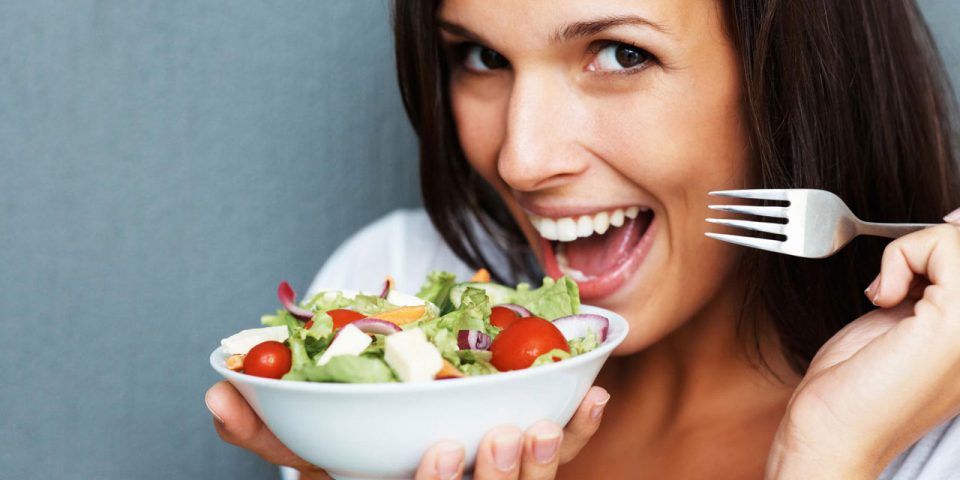Constipation – Treatment
Although treatment for constipation depends on the cause, severity and duration, in most cases diet and lifestyle changes help relieve symptoms and prevent constipation.
The Diet
A diet rich in fiber, 20 to 35 grams each day, helps in the formation of soft and large stools. Your doctor or dietician can help you plan a suitable diet. High-fiber foods include beans, whole grains, fresh fruits and vegetables such as asparagus, Brussels sprouts, cabbage and carrots. For people who are prone to developing constipation, it is also important to limit foods that have little or no fiber, such as ice cream, cheese, meat and processed foods.
Lifestyle changes
Important lifestyle changes that can help treat and prevent constipation are drinking enough water as well as other fluids, such as fruit and vegetable juices and soups. Also, daily exercise and taking enough time to have a bowel movement are important. Finally, you should not ignore the desire to defecate.
Laxatives
Most people who have mild constipation do not need laxatives. However, for those who have made lifestyle changes and are still constipated, the doctor may recommend laxatives, enemas or colonic irrigation for a limited time. These treatments help to retrain a chronically sluggish bowel. For children, a short-term treatment with laxatives combined with retraining to establish regular bowel habits helps prevent constipation.
The doctor should determine when a patient needs a laxative and which form is best. Oral laxatives are available in liquid, tablet, chicle, powder and granule form. These work in a variety of ways.
Those that form large volumes are generally considered to be the safest, but may interfere with the absorption of certain medications. These laxatives, also known as fiber supplements, are taken with water. They have the ability to absorb water in the intestine and make stools softer.
Stimulants cause rhythmic muscle contractions in the intestines. Studies show that phenolphthalein, an ingredient found in some laxative stimulants, could increase the risk of cancer. The Food and Drug Administration has proposed a ban on all products containing phenolphthalein. Most manufacturers have replaced or plan to replace phenolphthalein with safer ingredients.
Hepatics provide moisture to the stool and prevent dehydration. These laxatives are often recommended after childbirth or a surgery.
Lubricants allow stools to move through the bowel more easily. Mineral oil is the most common lubricant.
Saline laxatives act like a sponge to pump water into the colon for easier passage of stool. Laxatives included in this group are Milk of Magnesia®, Magnesia® citrate and others.
Emotional factors are involved in the emptying process, resulting in some individuals experiencing “subjective constipation”. Subjective constipation is a common phenomenon. Essentially, it exists only in the mind of the person experiencing it and is the initial basis for excessive consumption and abuse of laxatives.
People who are dependent on laxatives should slowly stop using these drugs. The doctor can help in this process. In most people, this restores the bowel’s natural ability to help empty.
Various other treatments
Treatment may address a specific cause. For example, a doctor may recommend stopping medication or having surgery to correct an orthopedic problem such as Rectal Prolapse.
People with chronic constipation caused by rectal dysfunction can use biofeedback to retrain the muscles that release control of bowel movements. Biofeedback involves using sensors to monitor muscle activity while at the same time displaying it on a computer screen, which allows for accurate assessment of the body’s functions. The doctor uses this information to help the patient learn how to use these muscles.
Surgical removal of the colon may be an option for people with severe symptoms caused by colonic inactivity. However, the benefits of this surgery must be weighed against the potential complications, which include abdominal pain and diarrhea.
Colon hydrotherapy
Colon hydrotherapy or colonic irrigation is a safe and gentle cleansing of the colon with warm water, which can help in the matter of eliminating stored feces, gas, mucus and toxic substances from the colon. The water is introduced at low pressure or special equipment is used, with temperature-controlled water and valves that control the flow.
An important indication for colonic hydrotherapy is constipation. These treatments can help retrain a chronically sluggish bowel.
In which cases is constipation severe?
Sometimes constipation can lead to complications such as hemorrhoids, caused by too much effort to have a bowel movement, or anal fissures, which are tears in the skin around the anus, caused when hard stools stretch the sphincter muscle. As a result of this, anal bleeding can occur, which appears as distinct red streaks on the surface of the stool.
Constipation can also cause hard stools, which build up in the bowel and rectum, so tight that the normal pushing of the colon is not enough to remove them. This condition, called coprostasis, occurs more often in children and older adults. A coprostasis can be softened with mineral oil taken by mouth and by enema. After softening, the doctor can break up and remove some of the hard stool by inserting one or two fingers into the anus.

